What are the differences between a hard water scale prevention device and a backflush carbon filter?

What does backwashing carbon filter do?
The Backwashing Carbon Filter is a large filter canister filled with activated carbon media. Activated carbon removes chlorine in a chemical reaction that oxidizes the carbon surface. Chlorine tastes and odors are removed. Sediment down to 30 microns in size is also removed by mechanical filtration.
Do carbon filters remove scales?
Carbon Filters
The carbon is usually carbonised coconut shell, which has a porous structure that filters out sediment and removes chlorine. Activated carbon is used a lot by the municipal water treatment industry as it is an effective way to process clean water. However, carbon filters alone do not remove limescale.
What is the difference between a sediment filter and a carbon filter?
Carbon and sediment filters serve two different functions. Sediment filters catch dirt and debris, while carbon captures organic compounds that cause bad tastes and odors. A sediment filter is a mechanical filter.
What are the advantages of a backwash filter?
Depending on the equipment, the backwash filters can automatically remove particles that are larger than five micrometres from the used cooling water. This makes it possible to reliably prevent a premature wear of the cooling systems through mechanical stress.
Get Better Water With a Softener or Conditioner
When you add a water softener or conditioner to your home, you'll see and taste the difference right away. Clothes will come out of the laundry without the gray tinge, and coffee and tea will taste like they're supposed to.
With the best services for water conditioning Oceanside, CA offers, your skin will feel better and you'll have fewer problems with mineral buildup around your fixtures.
To add a water softener or conditioner to your home or business or get prompt service for one you already have, call or text Encinitas Plumbing today. We'll gladly give you a free estimate on the water softeners and services for water conditioning Carlsbad, CA trusts most.
Benefits of a Water Softener or Conditioner
- Removes hard water
- Removes chlorine
- Patented catalytic process eliminates calcium scale buildup on fixtures
- Uses no electricity
- Requires zero maintenance
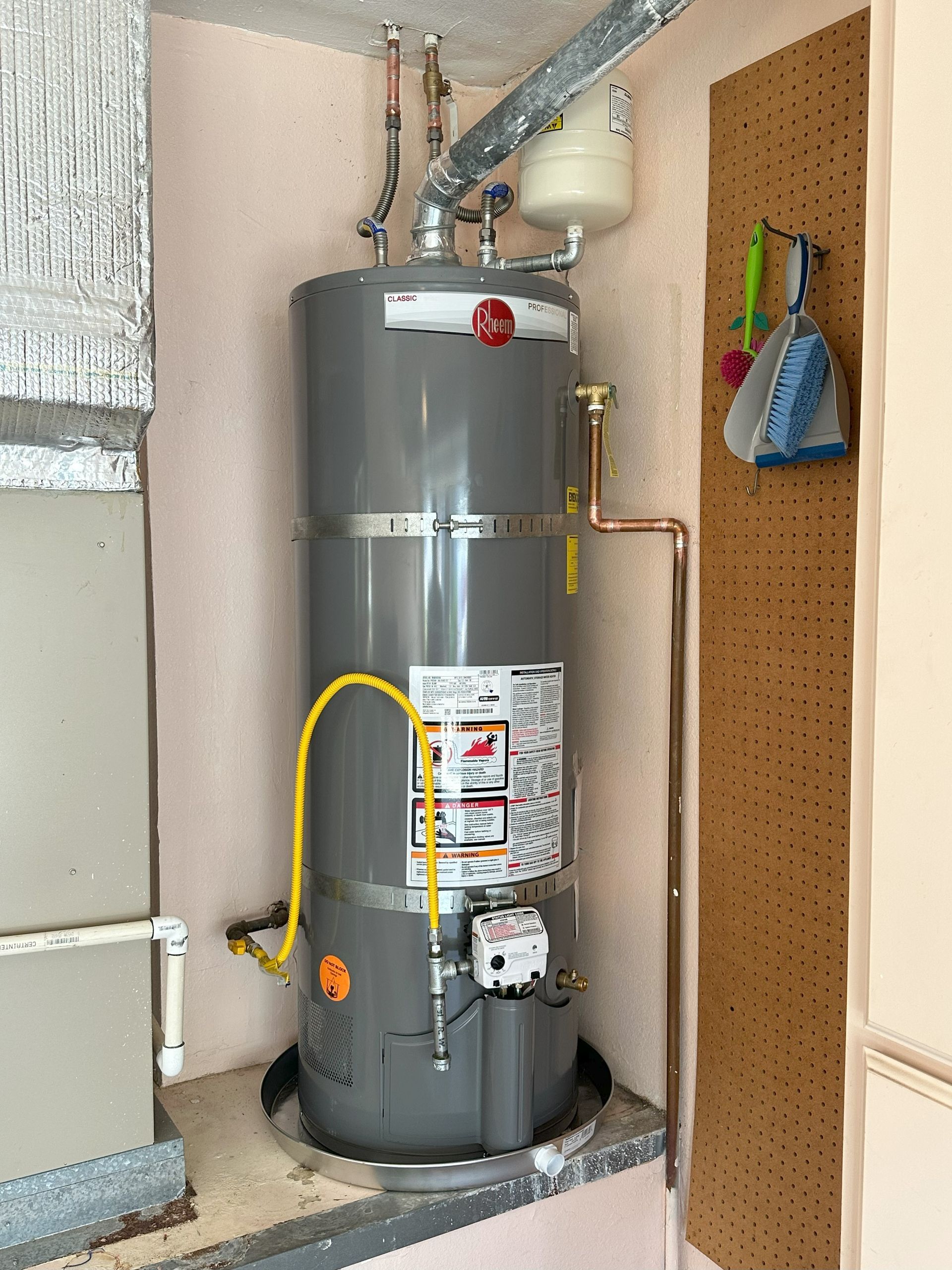
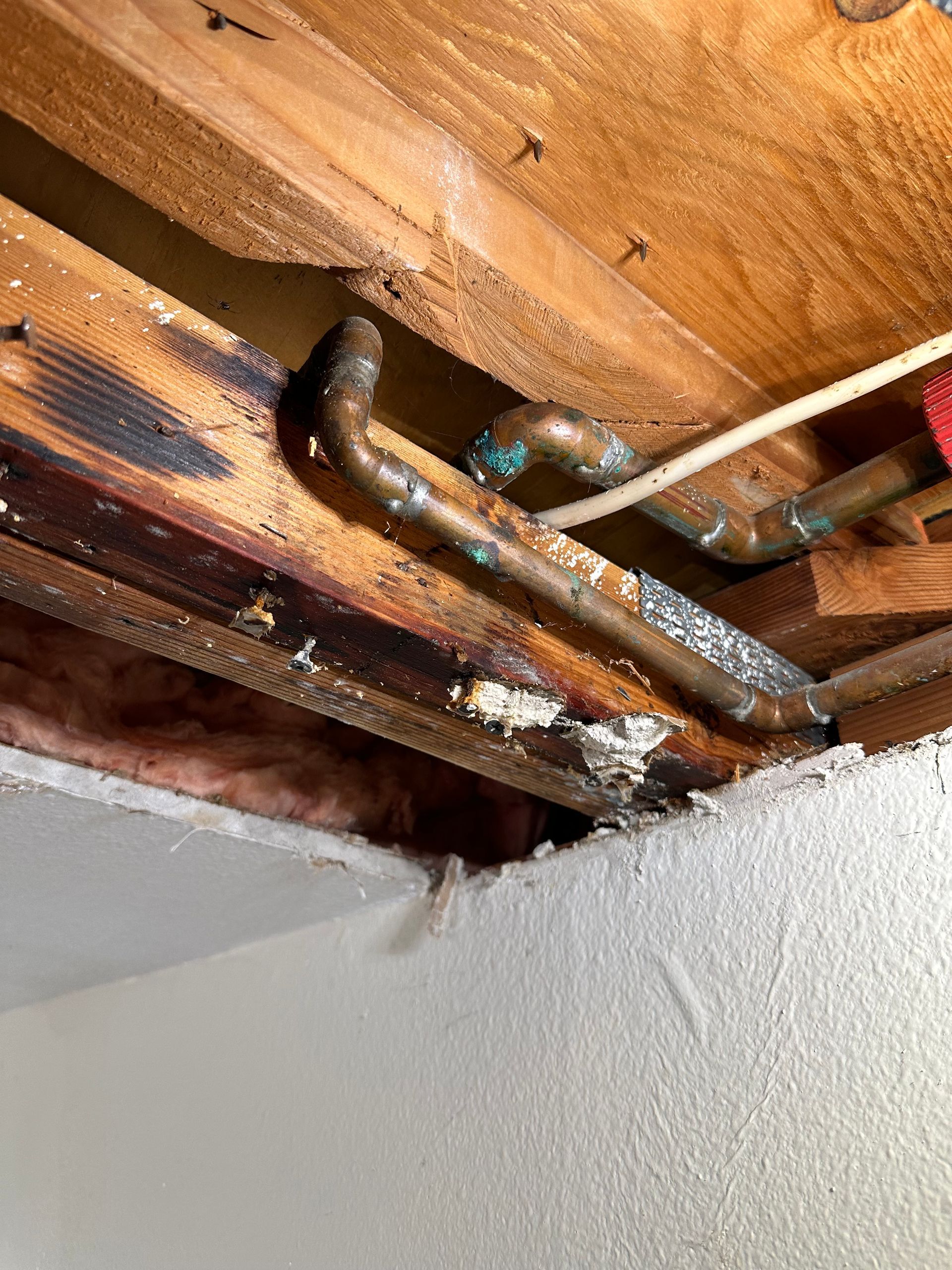
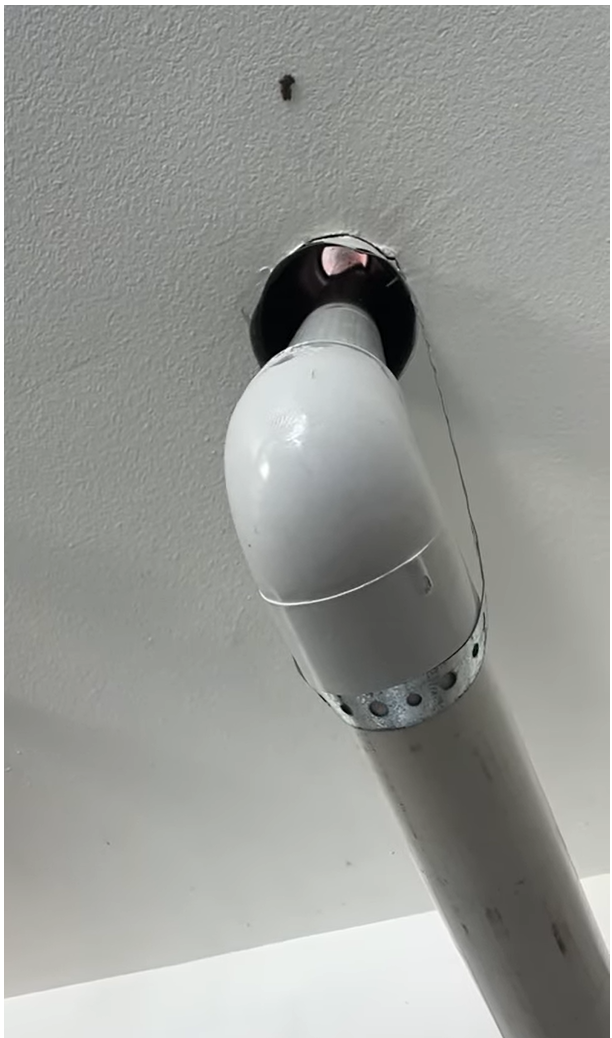
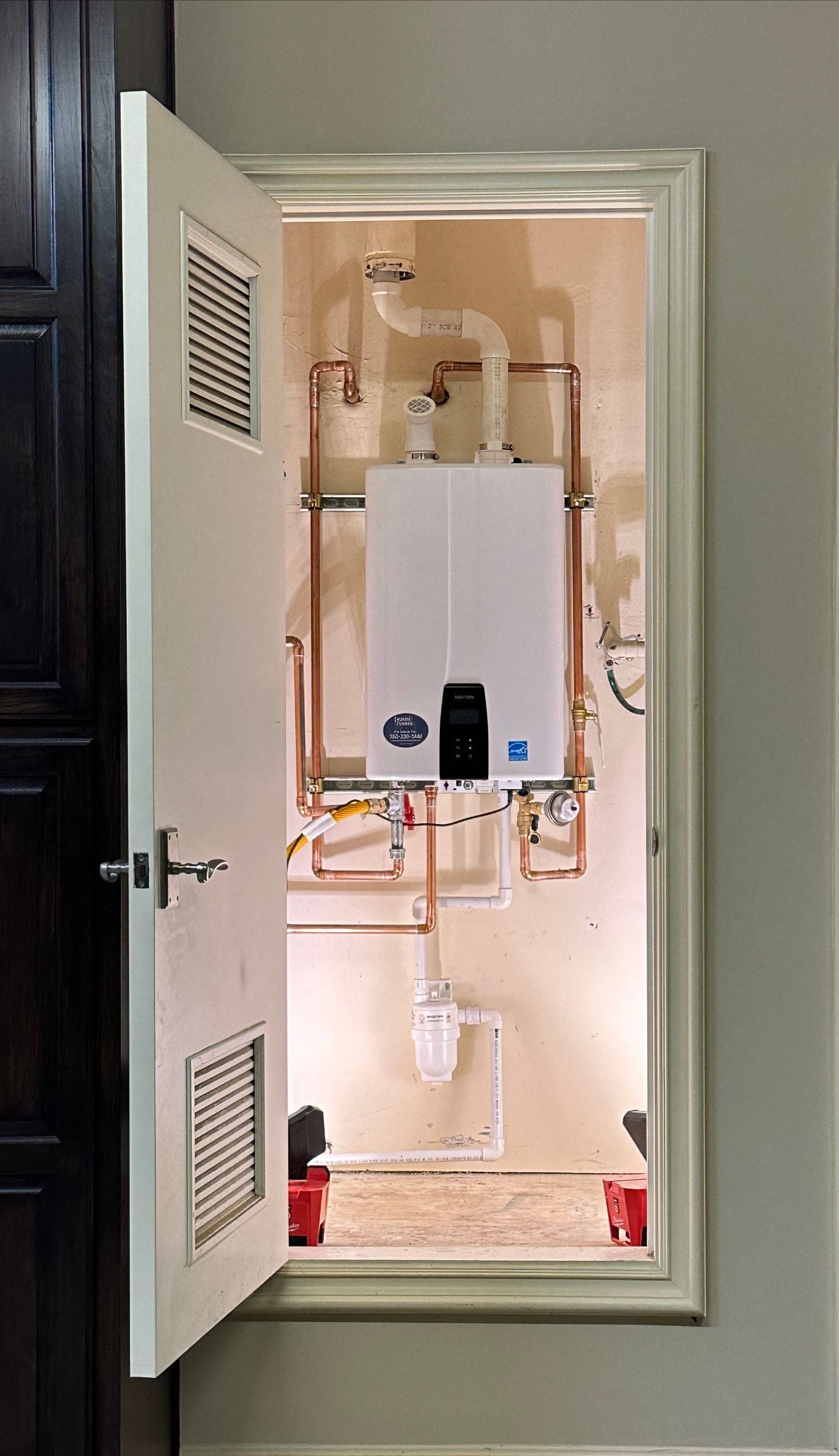

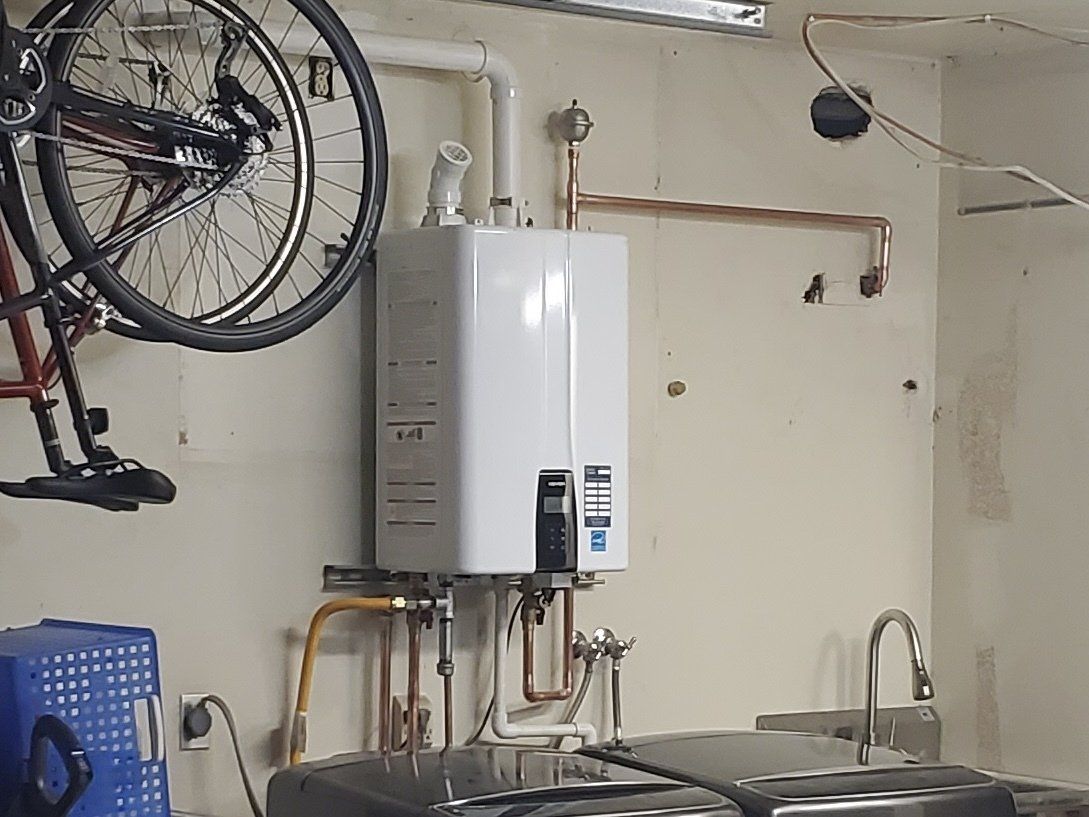
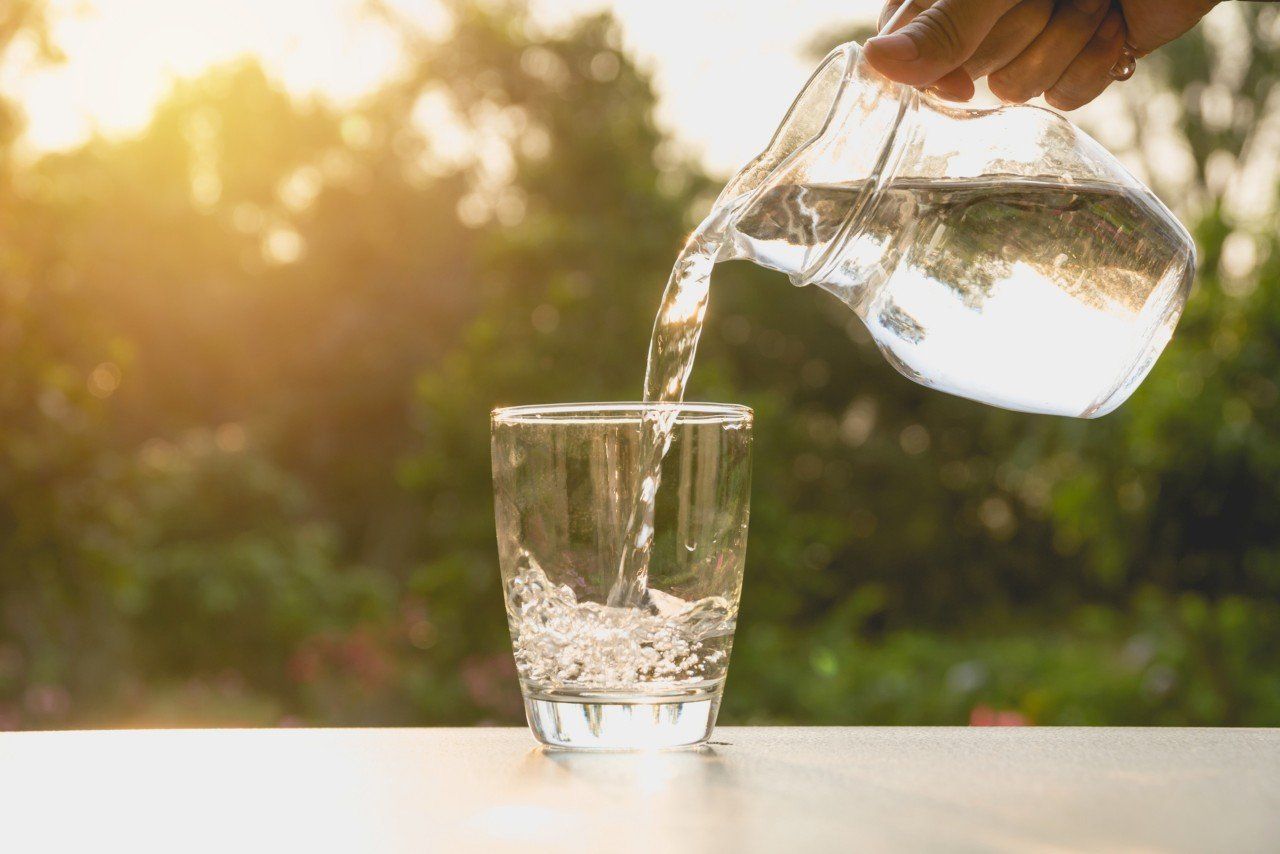
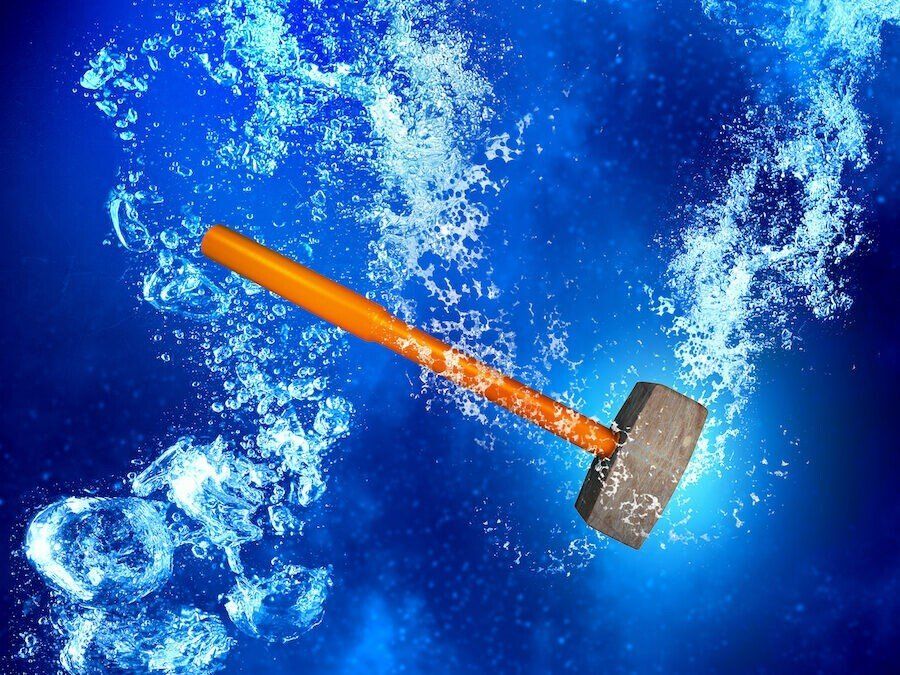
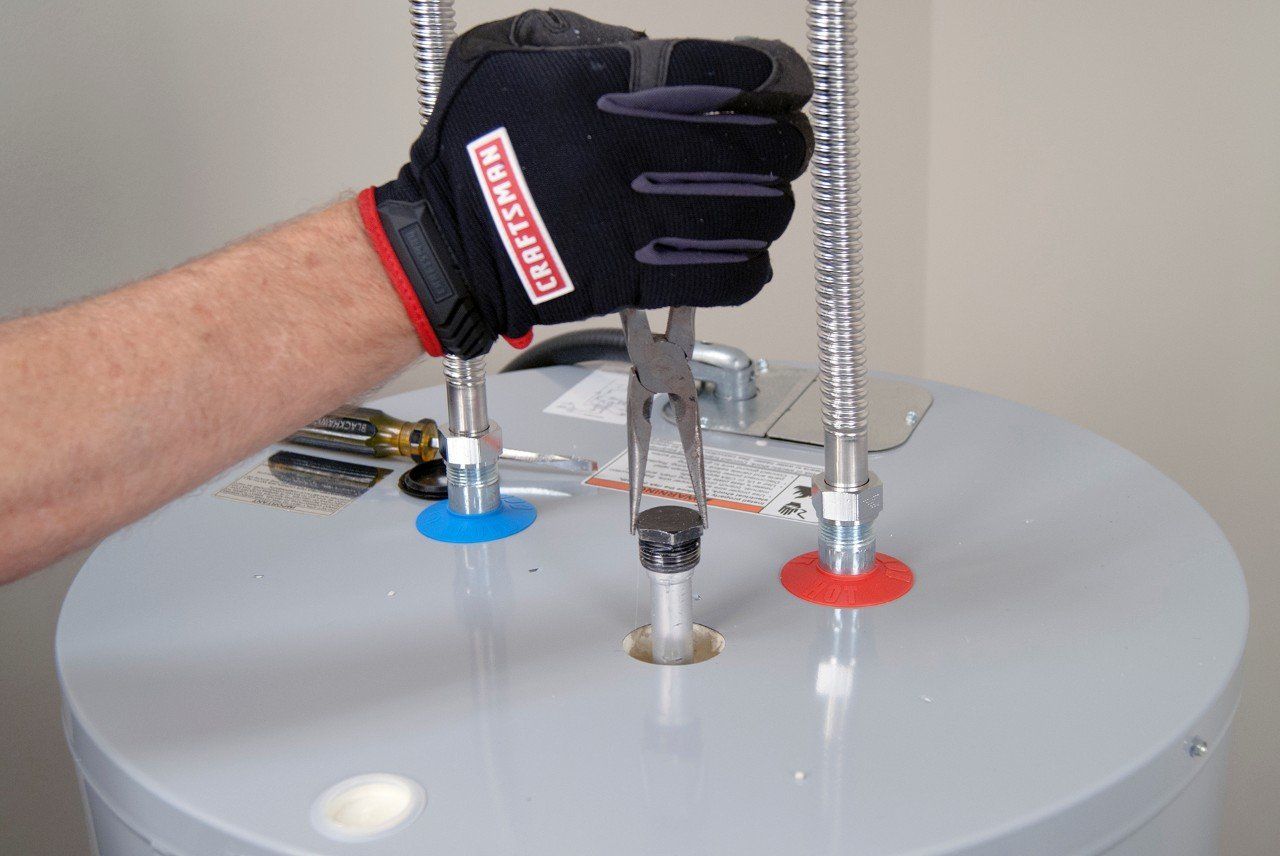
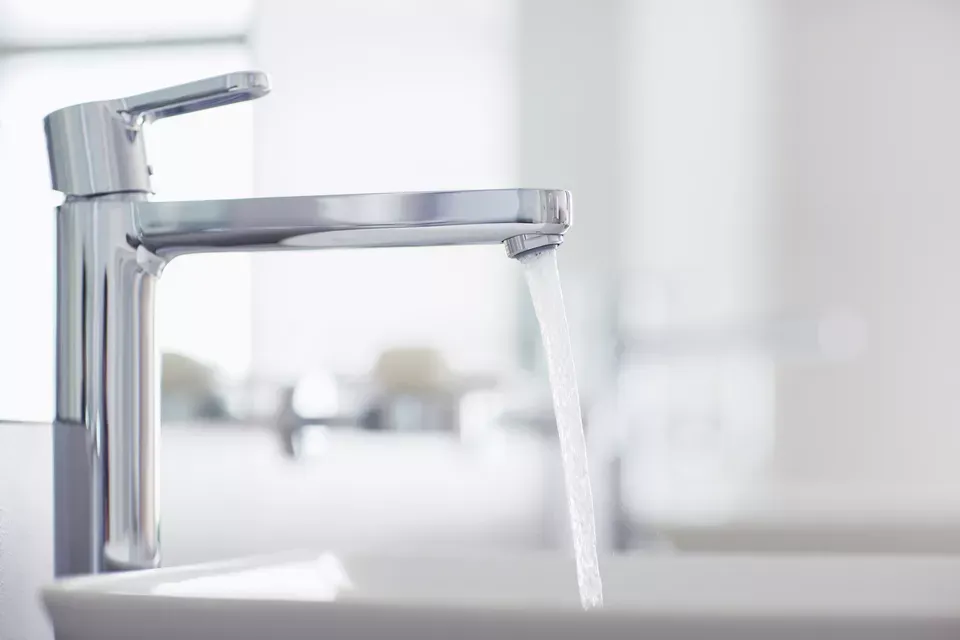
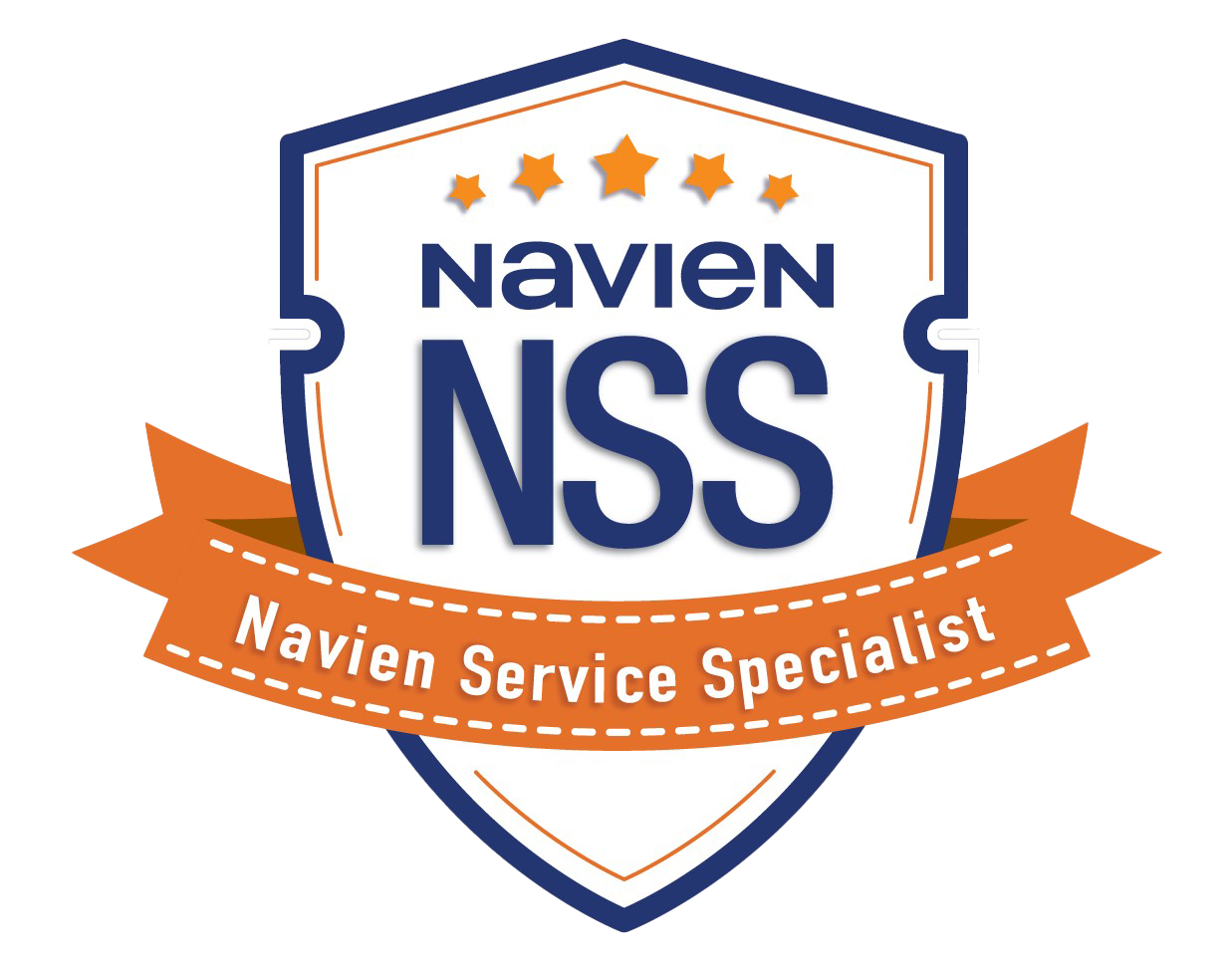
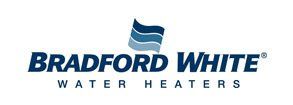









Share On: